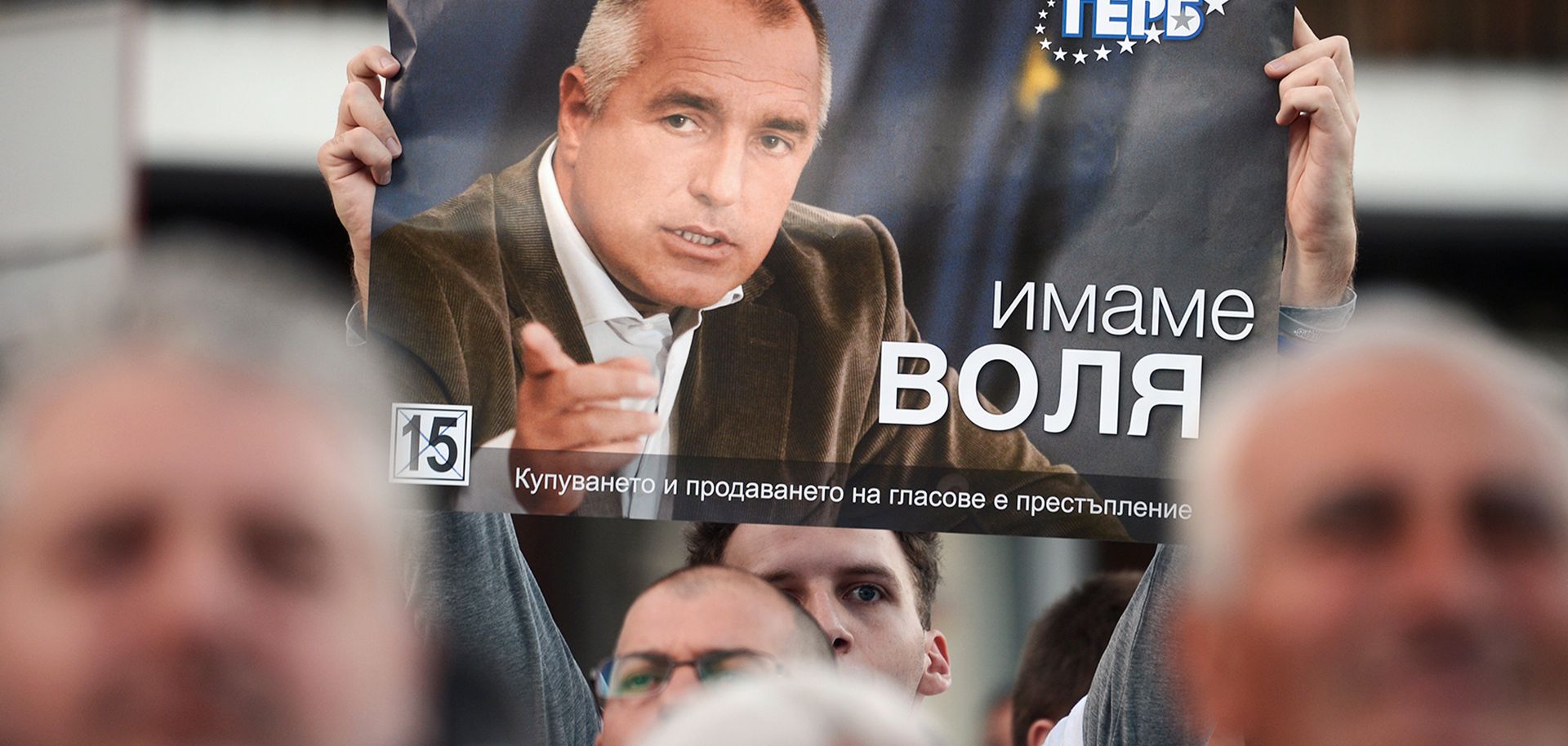ASSESSMENTS
Bulgaria Must Appease the European Union and Russia Simultaneously
Oct 1, 2014 | 09:00 GMT

(DIMITAR DILKOFF/AFP/Getty Images)
Summary
Bulgaria will hold early elections Oct. 5 in an attempt to end the cycle of political instability that has forced the poorest member of the European Union to change governments three times in two years. Recent opinion polls give former Prime Minister Boyko Borisov's center-right Citizens for European Development of Bulgaria party, commonly known by the acronym GERB, around 35 percent of the vote, the Bulgarian Socialist Party roughly 18 percent and the centrist Movement for Rights and Freedoms party around 14 percent. Other smaller parties are also likely to enter a fragmented parliament where alliances will be necessary to form a government. Regardless of the coalition that ultimately ends up ruling Bulgaria, the next government will have to operate within Bulgaria's geopolitical constraints and priorities, which have traditionally defined the country's foreign and domestic politics. Bulgaria will continue to rely on the European Union for funding and on NATO for security while trying to preserve its strong ties with Russia in order to maintain a balance between Russia and the West.
Subscribe Now
SubscribeAlready have an account?
